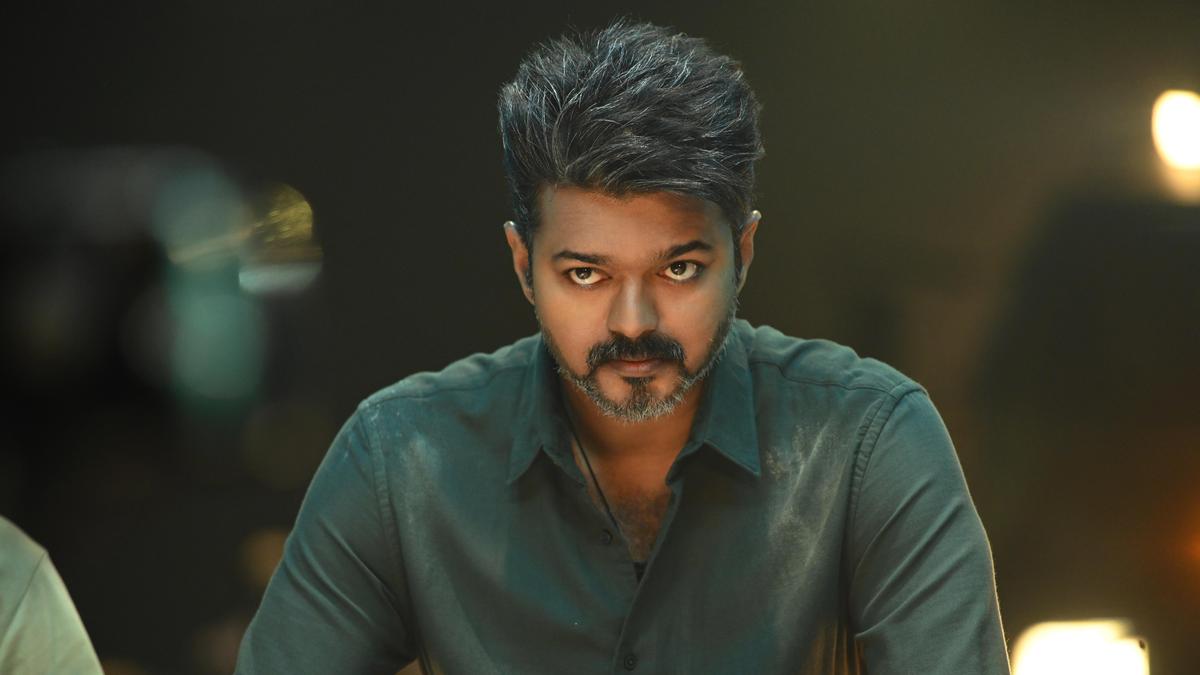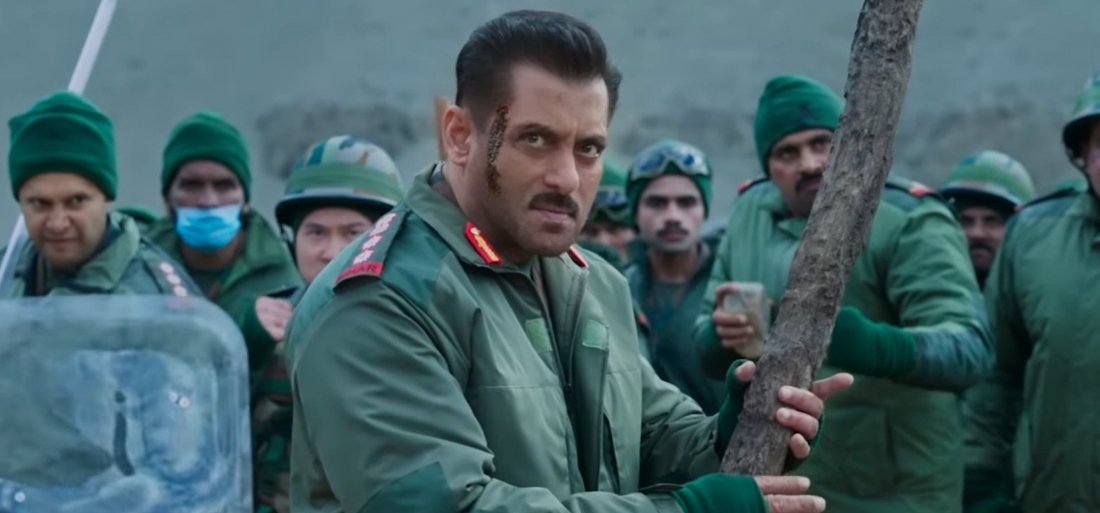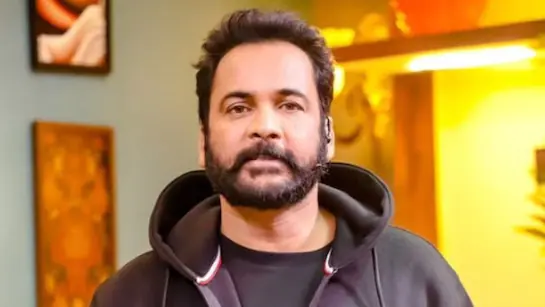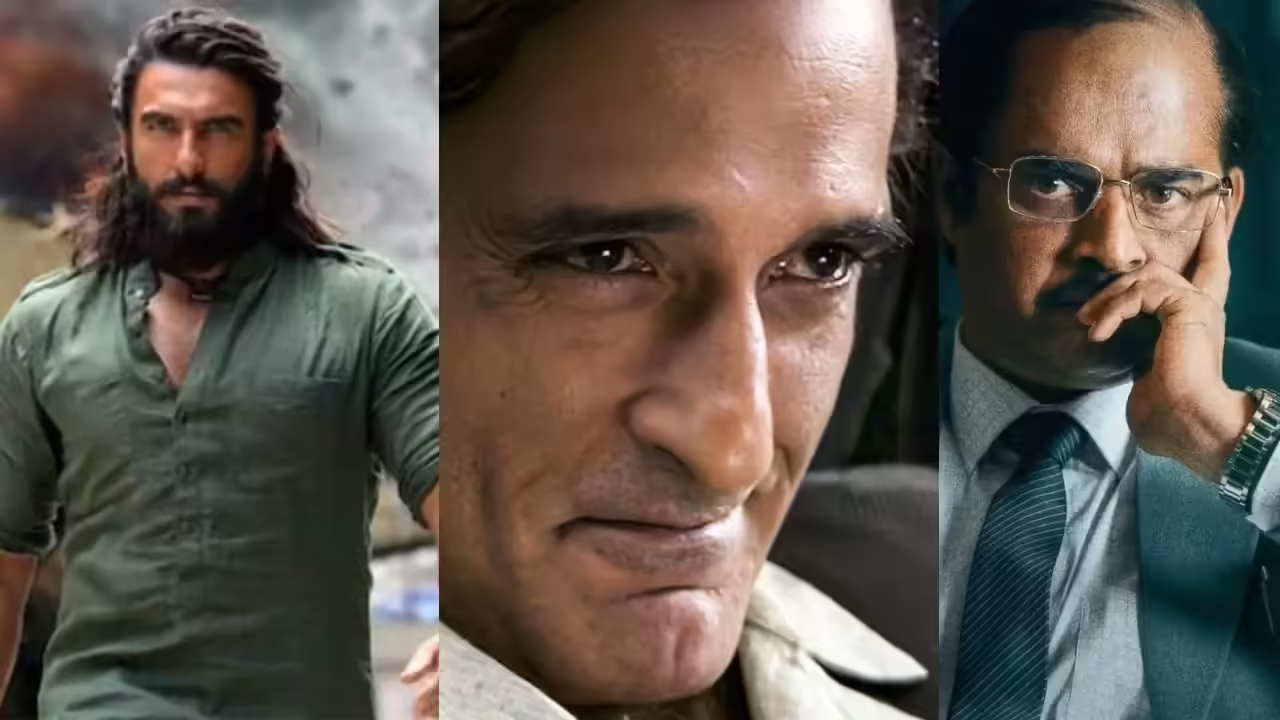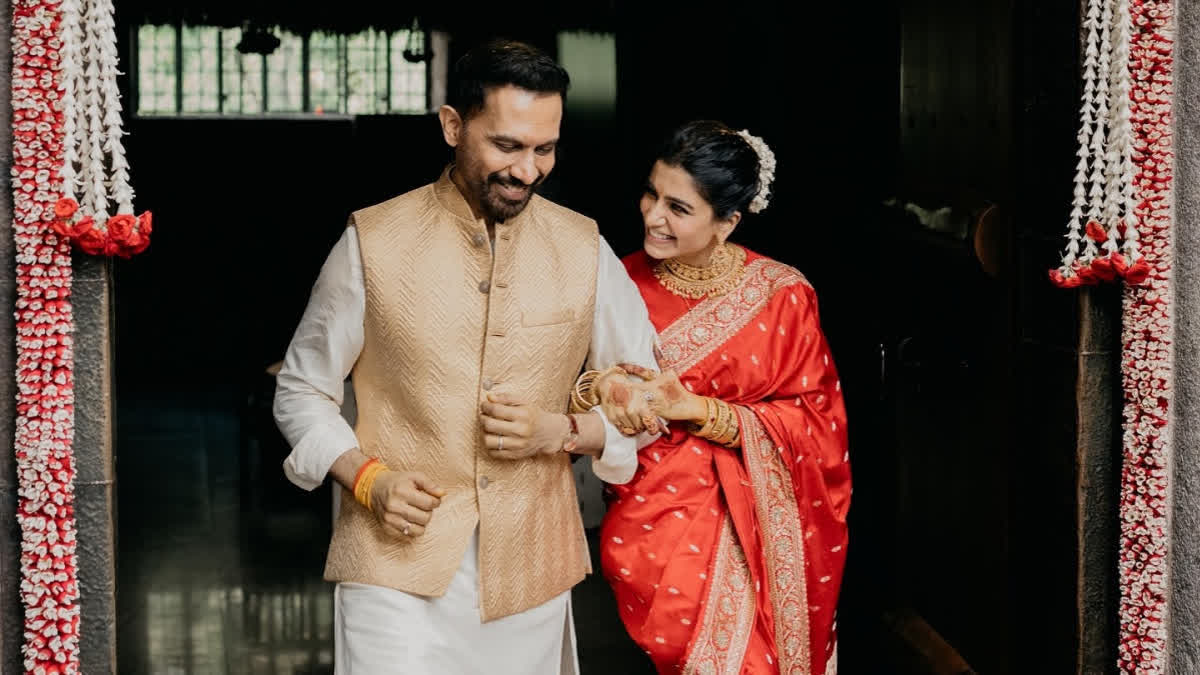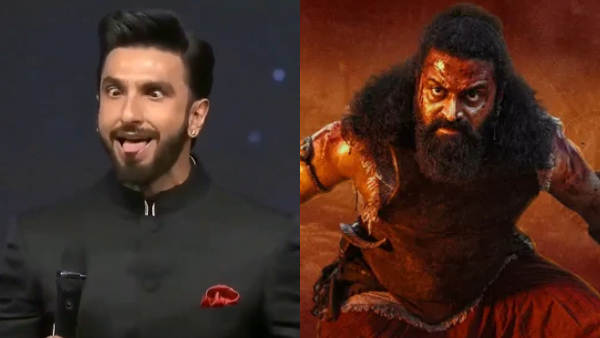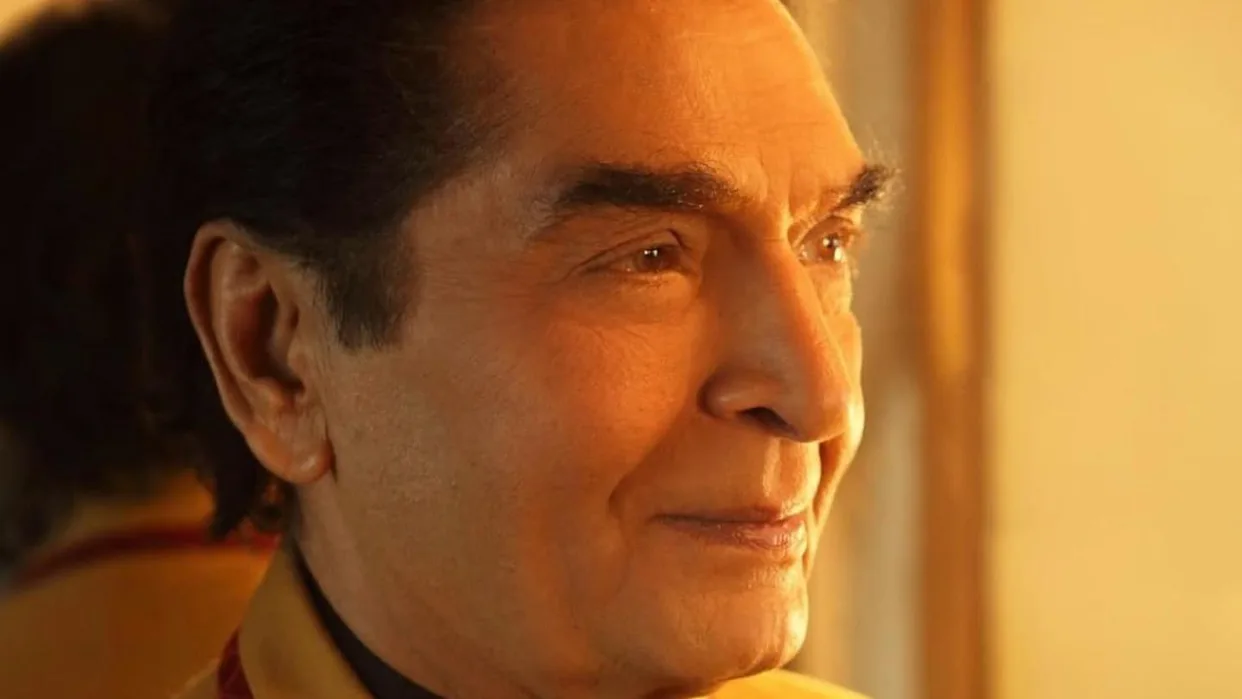Entertainment
In one of the greatest Hindi movies of the year, Jigra, Vasan Bala uses Alia Bhatt as a weapon; Karan Johar had better watch out for him.


By Kajal Sharma - 17 Oct 2024 05:34 PM
Post-credits scene: After Jigra, which stars Alia Bhatt and is one of the best Hindi films of the year, one would expect that Dharma Productions wouldn't force Vasan Bala into moving traffic. The picture is a near-perfect marriage of Bala's humorous sensibility with Karan Johar's signature drama.It's easy to make the audience hate a villain in a film. People seek someone to vent their anger on; they are cynical. However, it's not as simple as it may seem to convince those same viewers to actually feel sympathy for your movie's protagonist. They must let their guard down and let go of their egos in order to be vulnerable in front of complete strangers. Above all, they must treat the objectively insane act of forming an emotional bond with a fictional character as though they were real. However, Vasan Bala has figured it out in Jigra, a movie that accomplishes this nearly impossible task by allowing you, the audience, to take part in the most elaborate demonstration of group empathy ever created.The most impactful scenes in Jigra are those where Bala is acting completely sincere, which is a little surprising given that he built his career on irreverent genre films. To be clear, he has plenty of space for his signature cinematic flourishes, including cameos, shrewd homages to great directors, and a number of other overt and subtle allusions to earlier masterpieces. Someone actually mentions Kim Ki-duk and Wong Kar-wai at one point. Perhaps the unique subversive act of including a Nicolas Winding Refn reference in a film that begins with the Kuch Kuch Hota Hai theme deserves its own article.
The problem is that all of this is only ornamentation. Ironically, what really elevates Jigra as a film is theThe character played by Alia Bhatt is Satya, a young lady whose life decisions seem to be influenced by her personal trauma. When Satya and her brother Ankur were little, they watched in silence as their father leaped to his death. Throughout the movie, she has flashbacks of this scene on a few well-chosen moments, none of which feel exploitative. Satya and Ankur were apparently taken to live with wealthy acquaintances after their father committed suicide. They give them the appearance of being a part of the family, but they never quite forget that they are, as an old Hindi film writer would say, "sautela."Ankur is forced to take the fall for his closest friend when the authorities find drugs in their car while they are on a business trip to a fictional Southeast Asian nation. Clearly, these weren't his. However, drug offenses in this hypothetical country carry the death penalty, much like in so many other nations in that region. Ankur is quickly tried, found guilty, and given an electric chair sentence. He is sent to a high-security island prison off the coast, where the malevolent warden—played well by Vivek Gomber—torments him physically and psychologically. You should get a sense of the type of person the warden is from his humorous name, Hansraj Landa. Sadly, Ankur, who is portrayed by the youthful Vedang Raina,


